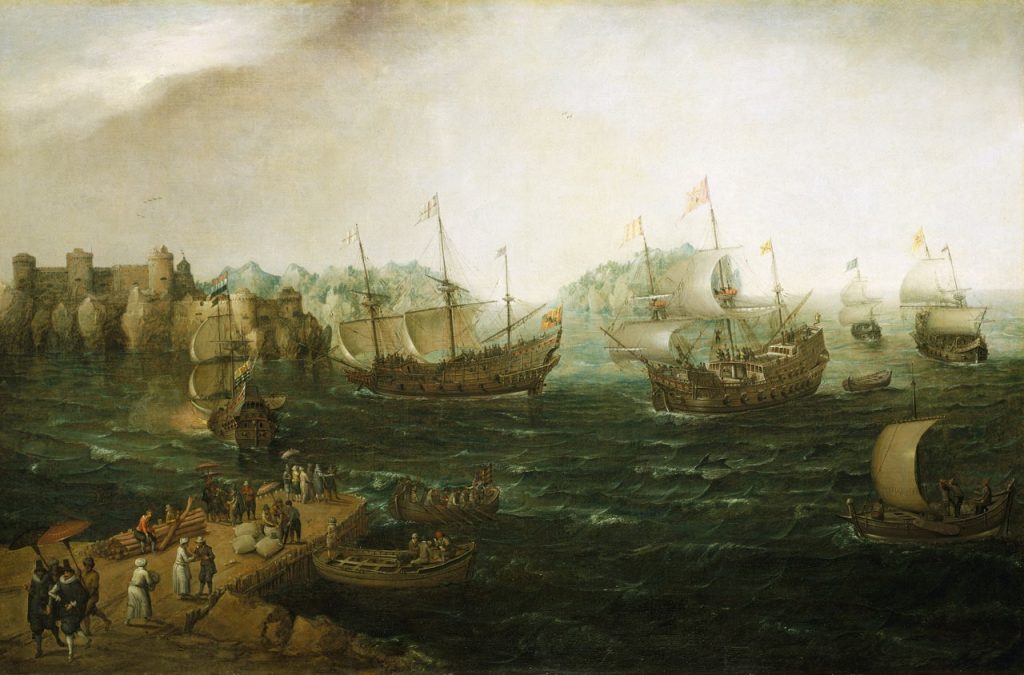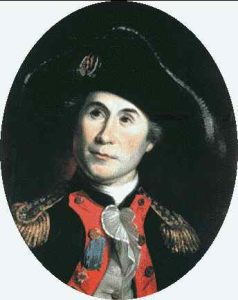Contents
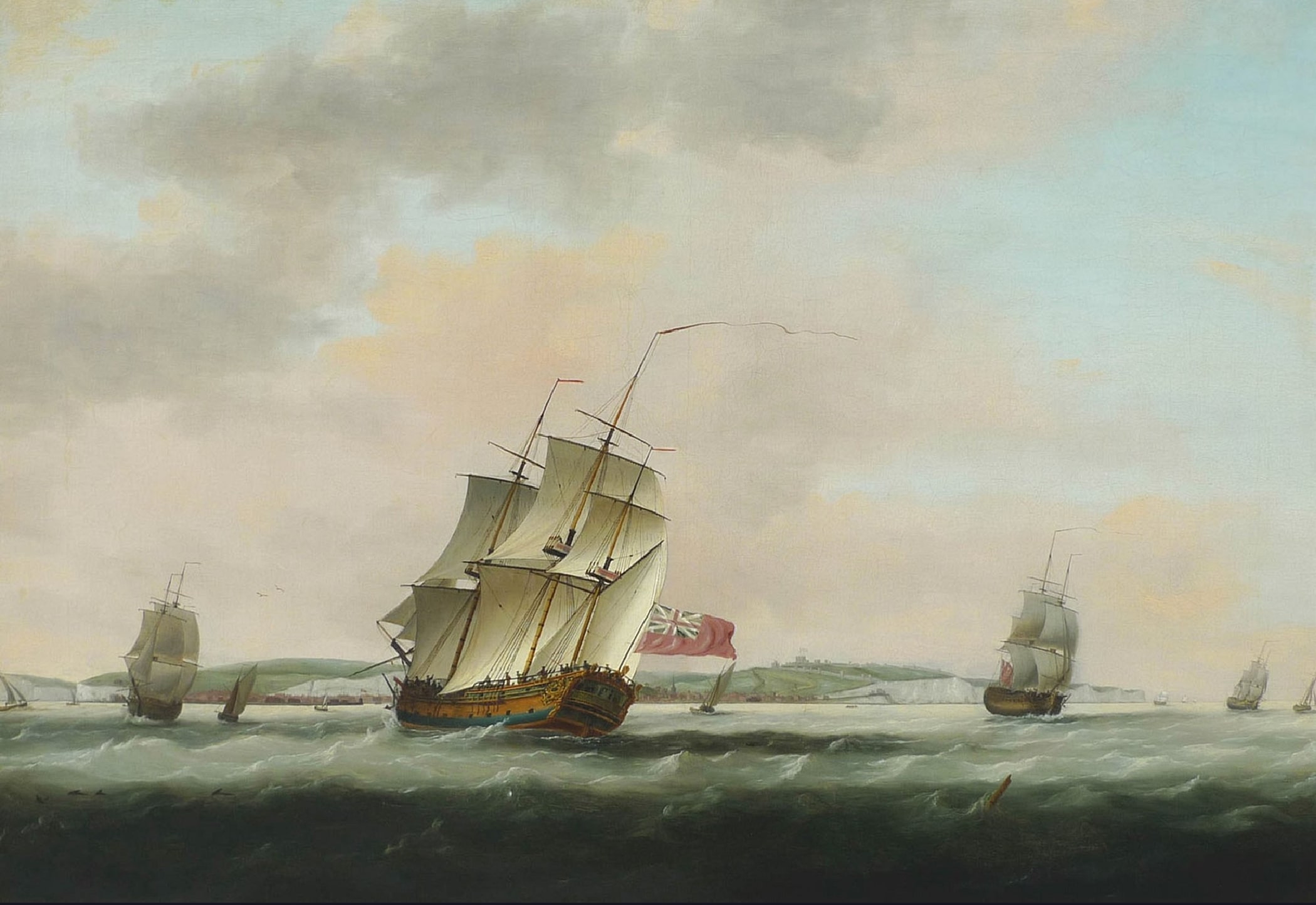
Contents
British mercantilist economic policy had a significant effect on the Thirteen Colonies in America, contributing to colonial resentment of the British government from 1763 onwards.
What is mercantilism?
Mercantilism is an economic policy designed to maximize the amount of goods a country exports, and minimize the amount of goods it imports.
It is designed to increase the wealth of the nation by maintaining a large trade surplus, meaning the country earns more by selling goods it produces than it spends importing other products.
Mercantilism is a type of protectionism, in that it uses tools such as tariffs (taxing imports) to protect domestic manufacturing from foreign competition.
Mercantilism in the Thirteen Colonies
Between the 16th and 18th centuries, the British Empire employed a mercantilist economic policy.
The British believed that using their vast overseas possessions, they could control large segments of global trade, and enrich the home nation.
Colonies would purchase British exports, and supply raw materials to Britain on favorable terms. Other colonial exports would be routed through Great Britain, allowing the country to collect duties and enrich itself, accumulating bullion (gold/silver) by acting as a trade center.
Stage 1: the Navigation Acts and salutary neglect
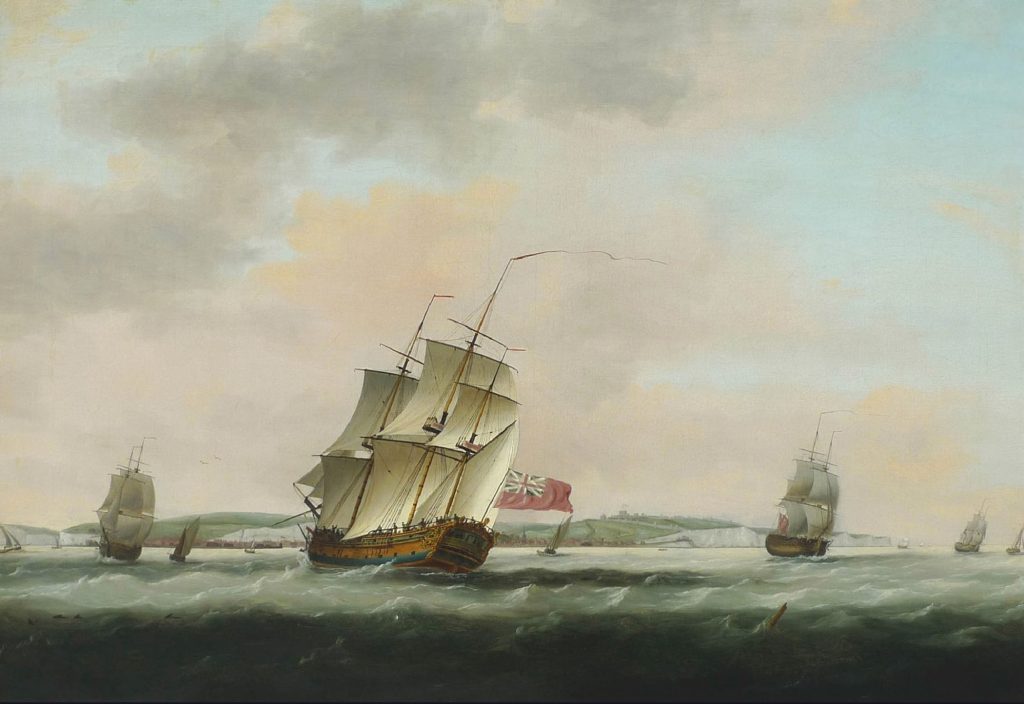
Mercantilism was initially implemented in the Thirteen Colonies through the Navigation Acts, the first of which was passed in 1651.
The Acts stated:
- Colonial trade had to be carried out using English ships, with majority-English crews (later British crews/ships after Great Britain came into being in 1707).
- Colonial exports of “enumerated goods” (certain restricted products) such as tobacco, sugar, indigo, and rice had to pass through British ports before being shipped elsewhere.
- Colonial imports of most goods had to originate from Britain – meaning for example that goods from Portugal would first have to land in England or Scotland, making them subject to British customs duties.
The British also implemented other legislation designed to protect certain domestic industries, by restricting colonial manufacturing and exports.
- The Wool Act of 1699 prohibited the export of most wool products from the colonies.
- The Hat Act of 1732 limited colonial hat production by restricting the type of hats that could be made in America, and limiting the number of apprentices a hatmaker could employ.
- The Molasses Act of 1733 encouraged trade of sugar and molasses (vital for the production of rum) with British West Indian territories by implementing heavy taxes on these goods when imported from other territories.
- The Iron Act (1750) prohibited the building of many types of iron mills and forges in the New World, encouraging the colonies to export raw iron to Britain for manufacturing, rather than creating finished products domestically.
- The Currency Acts of 1751 and 1764 prohibited colonial traders from using colonial money to settle debts, and tried to prevent the colonies from issuing their own currency, in order to increase reliance on the British pound.
However, until the 1760s, these laws were not well enforced.
Colonial merchants could easily smuggle most goods to and from the West Indies, where they were traded with other colonial powers, such as the Dutch and French. It was relatively easy to bribe customs officers or forge documents to avoid import duties.
At the time, Britain was preoccupied with other matters, such as the War of the Spanish Succession (1701-1714) and other conflicts in Europe.
The American colonies were profitable in the hundred years to 1760, which was their main purpose for the British Empire. Also, enforcement of trade law was expensive, given the distance between America and Europe.
Therefore, the British failed to effectively enforce mercantilist trade restrictions during this period, a policy which became known as salutary neglect.
Stage 2: Britain tightens enforcement
By 1763, British attitudes had changed, and adherence to mercantilism became much more strict.
After the end of the Seven Years’ War (1756-1763), the British government was in a significant amount of debt.
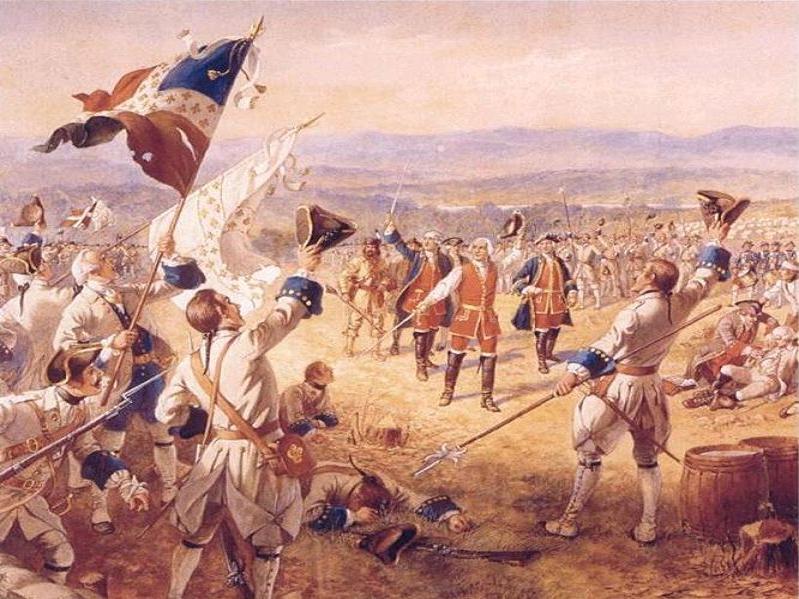
They had just finished fighting a very expensive conflict with the French on the American continent and further afield, and could now focus on raising revenue from the Thirteen Colonies.
To do this, the British implemented further mercantilist trading restrictions, with much stricter enforcement.
- The Sugar Act (1764) superseded the Molasses Act, reducing the tax rate so that it was more enforceable, and implementing much stricter import and export controls, making it harder to smuggle sugar and molasses from non-British sources. The act also introduced new taxes on other goods such as wine and coffee.
- The Stamp Act (1765) required the colonists use British-made paper, which had a significant tax associated, for a large range of different use cases, such as writing letters and wills, printing newspapers and diplomas, and even making playing cards.
- The Townshend Acts (1767-68) introduced a wide range of new trading restrictions, with greater powers given to customs officials and the courts. New taxes were introduced on tea, glass, paints, and other goods, and the law reduced the tax payable on imported British East India Company tea, in order to undercut foreign suppliers.
As a result of the Sugar Act and Townshend Acts, and stronger adherence to the existing Navigation Act, colonial trading became much more tightly controlled.
- Customs procedures were overhauled, with much stricter paperwork requirements.
- More full-time customs officers were hired, receiving a salary from London instead of the colonial governments, to ensure they remained loyal to Great Britain. Officers were incentivized with bonuses when smugglers were caught.
- The Royal Navy was ordered to help with customs enforcement, including the search and seizure of trading vessels.
In addition, Vice-Admiralty Courts were expanded, allowing the British to try smuggling cases without a jury, rather than having cases heard by a panel of sympathetic colonists.
Stage 3: colonial backlash
Initially, the colonial response to the new measures was fairly limited. After the Sugar Act was introduced, there were small-scale boycotts of British goods, but most colonists perceived these measures as a simple tightening of tax controls, for duties merchants had to pay.
However, there was significant backlash to the Stamp Act, with widespread protests throughout the colonies. After a long period of salutary neglect, the colonists were outraged that the British were implementing a direct tax on consumers without their consent, and without offering political representation in the British Parliament in return.
Though the British soon repealed the Stamp Act in March 1766 in response to the backlash, the Townshend Acts introduced even stronger restrictions on trade, and gave enforcement officials much stronger powers to search ships and seize goods, and imprison those found guilty of smuggling or tax evasion.
In effect, British mercantilism contributed to the breakdown in relations between colonists and the Crown, which eventually led to the American Revolution.
British economic policy from 1763 onwards stifled colonial industry and trade, and was perceived as unjust, as the Thirteen Colonies were not used to this level of British interference in trade.
After the Townshend Acts were implemented, colonial discontent reached a new high, which contributed to the Boston Massacre in 1770, and eventually the Boston Tea Party in 1773 – a direct protest against trade protectionism, as well as broader government overreach.


